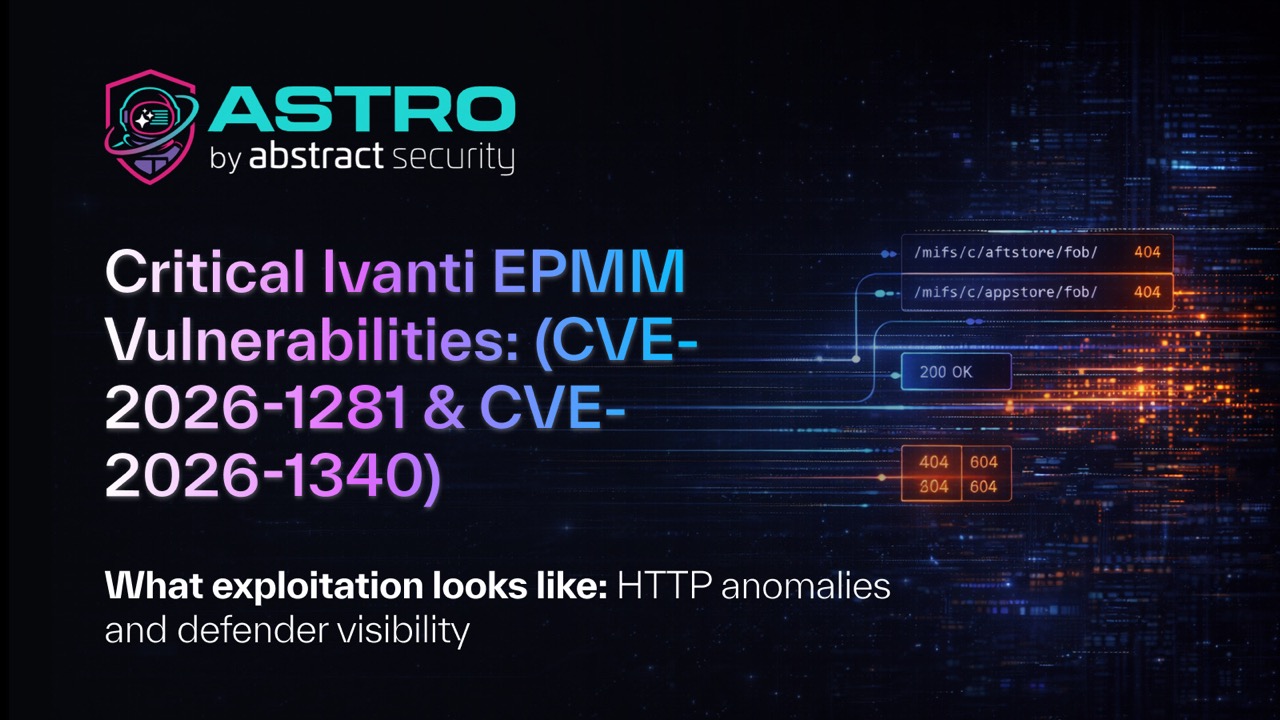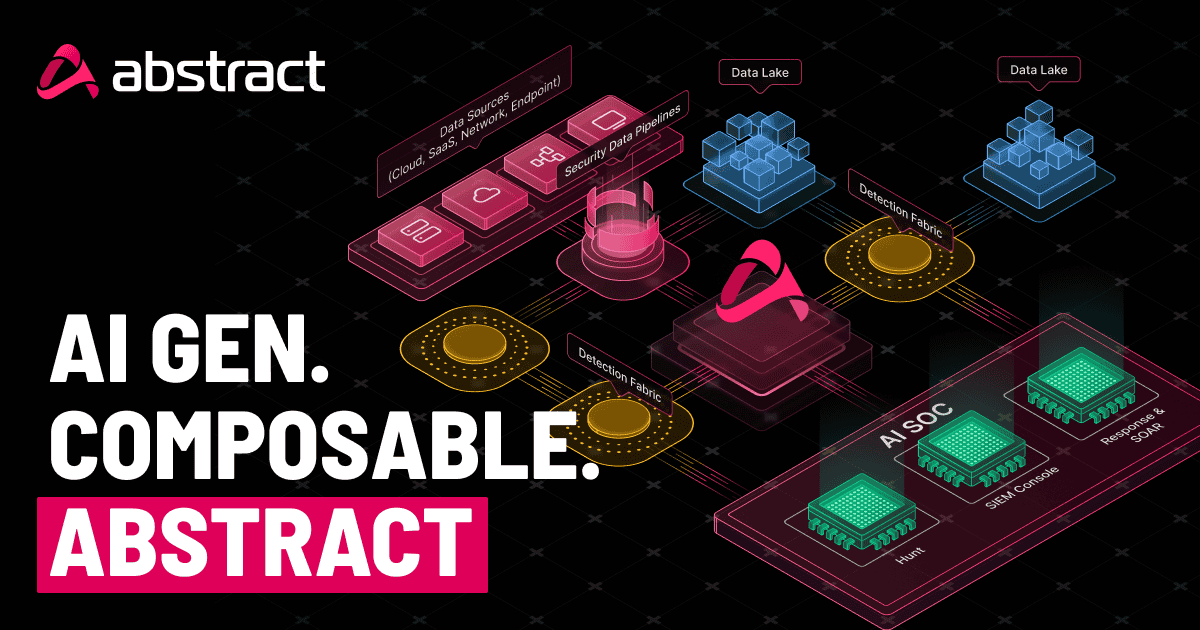Trust and Community: The Peer-to-Peer Security Advantage
The Human Signal
By Sandip Wadje
After working in cybersecurity for so long, I’ve come to find that the most valuable signals rarely come from a dashboard. Instead, they come from a DM, a quick text, or an off-the-record gut check from someone you trust. And that’s how it has always been. The security community is always operating in the shadows of formal channels—quietly sharing war stories, threat data, validation checks, and career advice.
Both Chris and I have lived that dual reality; starting in the vendor world, learning from customers, and then later, learning even more from our networks. More than what any feed or platform could provide.
Community Provides Clarity in Chaos
Modern security is incredibly complex and is outpacing the ability of individual organizations to adapt. Budgets are tight. Threats are coming in faster, and unfortunately, the tools we are forced to use are often noisier. And despite all the investments organizations are making I still hear many voice the same frustrations:
- “Am I doing this right?”
- “Is this tool actually working for anyone else?”
- What’s everyone else seeing?”
If you’ve ever asked the same questions, where do you turn? In security, real collaboration doesn’t happen out in the open. It happens in a quiet, yet intentional space that is built on trust, context, and experience. This can take the form of a text to a friend or mentor. Or a ping on a Slack thread or an email to your trusted crew. But if you’re new to the space, you may not have that luxury. So, what do you do?
Find Your Tribe
If you aren’t a part of a community yet, consider reaching out and joining an already established circle. Chris and I have built our own communities because we believe security tools and programs must be shaped by those who live it every day.
CW (Crimeware)
CW is a private email list and Slack group that is managed by Chris. It is focused on real-time intel and operational strategy across threat detection, response, and pipeline tooling. It’s where security leaders and operators compare notes across industries. The rules are simple:
- No sales pitches
- No posturing
- Just help your fellow practitioners be practitioners
The Cyber Collective
The Collective is an invite-only WhatsApp group for C-Suite security leaders—a space where senior practitioners trade real-time insights, gut-check vendors, and stress-test each other’s thinking. It’s private, fast, and high signal by design. Sandip launched this in collaboration with senior executives in the industry to proactively discuss emerging issues.
Scaling Trust Without Losing Signal
By Chris Camacho
Being a part of a community is vital to personal growth. However, as groups grow, there are challenges in preserving signal and authenticity. I’ve found that smaller, curated channels such as WhatsApp, Slack, and Signal outperform broader forums. Additionally, it’s important to bring out insights from all members, as the quiet ones often do the most listening. To bring out their voices, anonymized polls and “quiet queries” help draw out sensitive insights.
Most importantly, the strongest groups blend the strategic and the tactical. Cross-pollination between CISOs and technical SMEs creates powerful alignment. A CISO may ask, “How do I justify this spend,” while a detection engineer counters with, “that product breaks under volume.” Both voices matter, yet these discussions would not often take place in a traditional workplace setting.
Building Around Community Input
At Abstract, this isn’t a marketing angle—it’s our DNA. It’s the reason why I helped form Abstract. Our company was built by practitioners frustrated with broken tools and ignored feedback. So, we decided to flip the model.
Going against the norm, we sponsor invite-only dinners where CISOs and detection leads meet without salespeople. We co-author content with leading experts, as well as operators between roles to provide the industry with down-to-earth content. We collect roadmap inputs through private Slack channels and user groups and shape our platform to serve both CISO priorities and SOC realities.
Our philosophy is simple: if your tools don’t reflect the community’s needs, you’re not solving the right problems. Cybersecurity will always be complex. But solving it doesn’t need to be a lonely and difficult process. The more we can normalize peer collaboration the more resilient we become.
So whether you’re in a job, between jobs, or building something new, find your circle. Reach out, nurture it and pay it forward. There’s always a seat at the table.
About Sandip Wadje
Sandip Wadje is Managing Director and Global Head of Emerging Technology Risks at BNP Paribas since 2017 where he is focused on governance and oversight of emerging technology domains such as cloud, artificial intelligence, digital assets, and quantum. Sandip also leads group-wide oversight on all aspects of “outside-in” intelligence collection with a particular focus on external attack surface, geopolitical risks, social media liquidity risk, cyber-posture of corporate clients and emerging threats such as deep fakes or synthetic identities.
Sandip also represents the bank at various external forums. Sandip has been a member of European Cybercrime Centres (EC3) Financial Services Advisory Group since September 2017 and is also co-chair of European Financial Roundtable (EFR) Cyber Experts Group since February 2020. EFR comprises of 25 leading Financial Institutions in the UK & Europe and is represented by Chairman / CEO’s of the participating institutions. He has over 24 years of experience in cybersecurity, operational risk, IT risk, internal controls, and compliance. Sandip has a hands-on technology background, and his previous stints include BT Global Services, RiskIQ, SecureWorks, KPMG, JPMorgan Chase, and Deloitte.
Sandip is very passionate about leveraging AI for cyber and what adoption of AI means to the convergence of cyber jobs and re-skilling needed to build a Gen AI ready workforce.
ABSTRACTED
We would love you to be a part of the journey, lets grab a coffee, have a chat, and set up a demo!
Your friends at Abstract AKA one of the most fun teams in cyber ;)
.png)
Your submission has been received.











